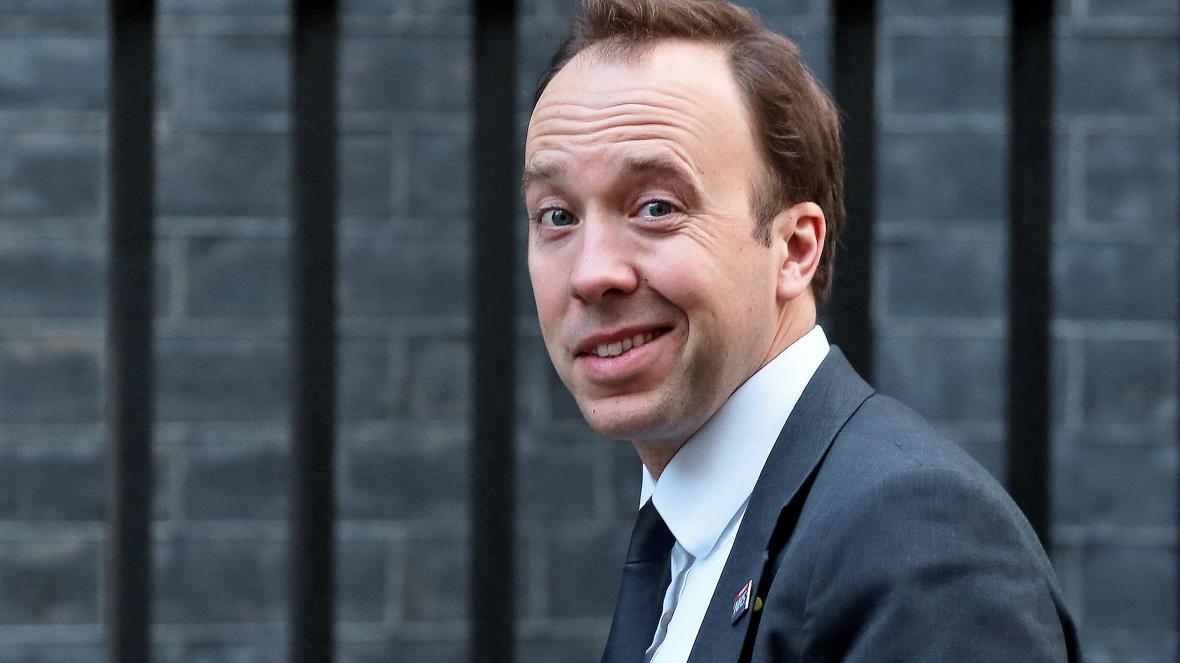by Dr. Oliver Robinson Finland has not implemented a lockdown at any point during the COVID-19 pandemic. Yet, compared with its neighbour Sweden, which has been in the constant media spotlight for its lack of lockdowns, Finland’s avoidance of them has gone largely unacknowledged. The measures that Finland has imposed have not come close to the OECD definition of a lockdown (i.e., stay at home order plus school closures of non-essential business/venue closures). Finland has never implemented a stay-at-home order, or a limit on household mixing or any restriction on travel within the country, just non-binding guidance. So, what interventions did the Finnish Government make? From March to May 2020, schools were closed, public meetings were limited to 10 people, borders were shut and citizens returning from abroad were put into quarantine. Guidance was given to people with symptoms to stay at home, and over-70s were requested to avoid social contact unless essential (this last measure is notably similar to the Great Barrington Declaration’s proposed approach of ‘focused protection’). On June 1st, the number of people allowed to meet was increased to 50 and public indoor places were opened gradually. Since then, various selective international travel restrictions have been imposed. According to the Blavatnik School of Government’s COVID-19 Response Tracker, Finland’s response to COVID-19 was marginally stricter than Sweden from ...











